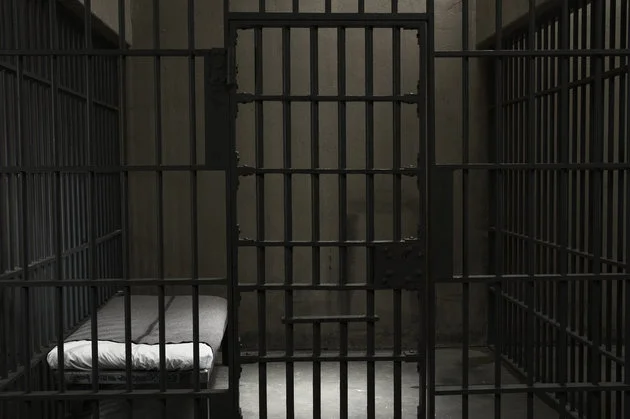The National Collaboration for Youth, which represents national youth serving organizations around the country such as YMCA’s, Girls and Boys Clubs, Generations United and my organization, Youth Advocate Programs, recently released the report, Beyond Bars: Keeping Young People Safe at Home and Out of Youth Prisons. The report promotes a new community-solutions oriented approach for justice-involved young people, and makes the case that systems and communities should close youth prisons and develop an array of strong community supports for young people in conflict with the law.
Our Vision
The Michigan Juvenile Detention Association will continue to be a national leader in promoting and sustaining of exemplary juvenile detention, residential treatment, and community based services for youth and their families.
Our Mission
The Michigan Juvenile Detention Association is committed to the highest standard of professional ethics, overall excellence in the care and custody of youth, and the provision of services to their families.




















